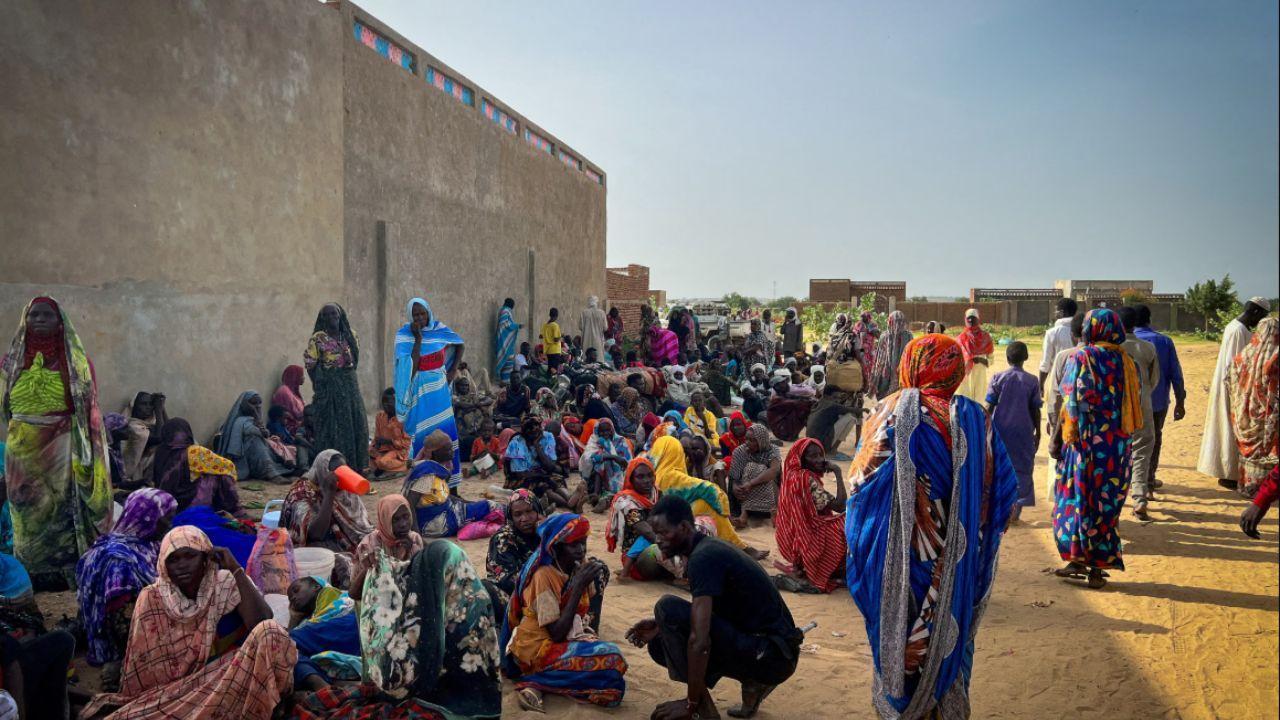
Post by : Priya
Photo:Reuters
The government of South Sudan has confirmed that dozens of its citizens who were deported from the United States are now safe and under state protection. Officials from the Ministry of Foreign Affairs have announced that the returnees are receiving temporary shelter, basic care, and assistance in rejoining society.
The announcement comes amid increasing scrutiny of U.S. deportation policies and the challenges faced by countries like South Sudan in welcoming back nationals who have lived abroad—often for decades.
This editorial seeks to examine the human, political, and social aspects of the story. It explores how South Sudan is managing the return of its people and the complex emotions and realities faced by the deportees themselves.
The Background: U.S. Deportation and South Sudanese Nationals
The United States, under its immigration enforcement policies, continues to deport non-citizens who are undocumented, have criminal convictions, or have overstayed their visas. While this policy applies globally, smaller and conflict-affected nations like South Sudan face unique difficulties when their citizens are returned home.
Many South Sudanese who arrived in the U.S. as children—some fleeing war or persecution—built their lives in America. They studied, worked, married, and had children. For them, South Sudan is not home; it is a distant memory or, in some cases, a place they’ve never actually known.
Despite these challenges, South Sudan has agreed to cooperate with U.S. authorities by accepting its nationals. In the past year alone, more than 70 South Sudanese citizens have been deported. According to U.S. Immigration and Customs Enforcement (ICE), these individuals were returned due to various legal issues, including expired visas and criminal records.
Government's Response: Public Assurance and Protection
The South Sudanese government, responding to rising questions from human rights organizations and local communities, has stated that all returnees are safe and are receiving the support they need.
In a press conference in Juba, a spokesperson from the Ministry of Foreign Affairs said:
“We are fully aware of our citizens being deported from the United States. The government of South Sudan has taken steps to welcome them, ensure their safety, and provide assistance for reintegration into society.”
The spokesperson also mentioned that temporary accommodation has been provided, along with access to food, healthcare, and counseling services.
Officials emphasized that being deported does not make these individuals less deserving of support. "They are still our citizens," the ministry said. "They are South Sudanese, and we have a duty to help them rebuild their lives."
Reintegration Challenges: The Long Road Home
Returning to South Sudan is not easy for many deportees. Some of them fled the country during its long civil war. Others were born in refugee camps in neighboring countries and later resettled in the U.S. For many, returning to South Sudan is like being dropped into an unfamiliar land.
Loss of Identity and Culture Shock
One returnee, who asked not to be named, shared his experience:
“I left South Sudan when I was 8 years old. I have no memory of this place. I’ve lived in Texas for the past 25 years. I speak English fluently, but I can’t even speak the local language anymore. It’s hard.”
He added that he feels like a stranger in his own country. The buildings, streets, and customs are all new to him. He is now trying to adjust but admits the process is emotionally and mentally exhausting.
Lack of Jobs and Support Systems
South Sudan remains one of the world’s poorest and least developed countries. With a struggling economy, limited infrastructure, and high unemployment, reintegration into society is a major challenge.
Many deportees return with no money, no home, and no immediate family in the country. Jobs are hard to find, especially for those who do not speak local languages or have skills relevant to the economy.
A young man who was deported from California said:
“In the U.S., I worked as a technician. Here, there are no jobs like that. I’ve been staying in a shelter for weeks. I want to work, but I don’t know where to start.”
Voices of Concern: Human Rights and Social Groups Speak Out
Several human rights organizations are raising questions about the deportation process and the treatment of returnees.
The South Sudan Human Rights Society issued a statement urging the government to go beyond short-term shelter and create long-term support systems:
“We call on the government to create a formal reintegration policy. These returnees must not be left in limbo. They need job training, mental health support, and community inclusion programs.”
International organizations like the UNHCR and the International Organization for Migration (IOM) are also being urged to step in and support the process.
A representative from IOM Juba said:
“Reintegration is a process, not a one-time event. These individuals need consistent support. And it must be a coordinated effort involving government, civil society, and international partners.”
Public Opinion: Mixed Views from the Citizens
Inside South Sudan, the return of deportees has sparked a range of opinions among ordinary citizens.
Some people see the returnees as part of the national family, deserving of help and compassion.
“We should welcome them,” said a school teacher in Juba. “They are our brothers and sisters. Just because they lived abroad doesn’t mean they don’t belong here.”
But others are worried that the deportees may add pressure on already limited public services.
“We don’t have enough schools, hospitals, or jobs for the people already here,” said a taxi driver. “Now more people are coming back, and the government must take care of them too?”
Some people also worry about the potential social behavior of returnees, especially if they were deported due to criminal offenses in the U.S.
“There needs to be a system to check who they are and what kind of behavior they bring back,” said a community leader.
The U.S. Side of the Story: Deportation Continues
For the United States, deportations are seen as a matter of enforcing immigration law. ICE officials say that those removed have gone through a legal process and have exhausted all appeals.
A spokesperson for ICE said:
“The United States respects the legal rights of all individuals. Deportation occurs only after all legal options have been reviewed. We are in constant communication with countries of origin to ensure a safe and lawful return.”
However, critics in the U.S. argue that deporting people to countries where they may face hardship is morally wrong. They say the U.S. government should offer more leniency to long-time residents, especially those who arrived as children.
The Bigger Picture: South Sudan’s Responsibility and Global Trends
The case of deported South Sudanese citizens reflects a growing global trend. Across the world, host countries are returning migrants and asylum seekers to their home countries—often without full consideration of what awaits them there.
For South Sudan, this moment is a test of national responsibility.
The country has the opportunity to lead by example—by showing that even deported citizens can be welcomed back with dignity and care.
Experts say that a long-term reintegration policy must be created. Such a policy should include:
Identification and Screening: Understanding each returnee’s background and needs
Housing and Shelter: Temporary but safe places to stay
Job Training: Skills programs to help them find work
Healthcare and Counseling: Addressing trauma and mental health
Community Integration: Rebuilding social connections and networks
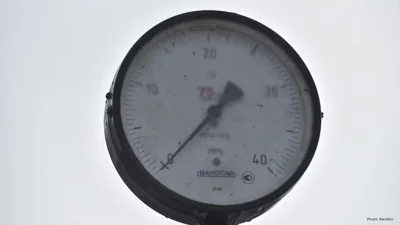
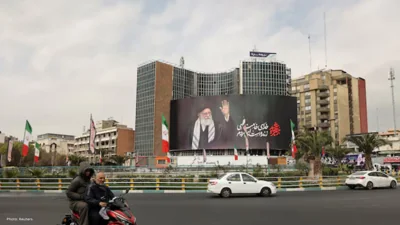





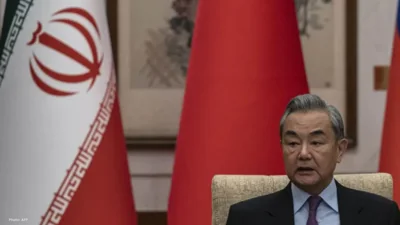
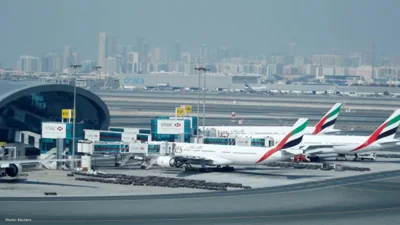

Mattel Revives Masters of the Universe Action Figures Ahead of Film Launch
Mattel is reintroducing Masters of the Universe figures in line with its upcoming film, tapping into

China Executes 11 Members of Criminal Clan Linked to Myanmar Scam
China has executed 11 criminals associated with the Ming family, known for major scams and human tra

US Issues Alarm to Iran as Military Forces Deploy in Gulf Region
With a significant military presence in the Gulf, Trump urges Iran to negotiate a nuclear deal or fa

Copper Prices Reach Unprecedented Highs Amid Geopolitical Turmoil
Copper prices soar to all-time highs as geopolitical tensions and a weakening dollar boost investor

New Zealand Secures First Win Against India, Triumph by 50 Runs
New Zealand won the 4th T20I against India by 50 runs in Vizag. Despite Dube's impressive 65, India